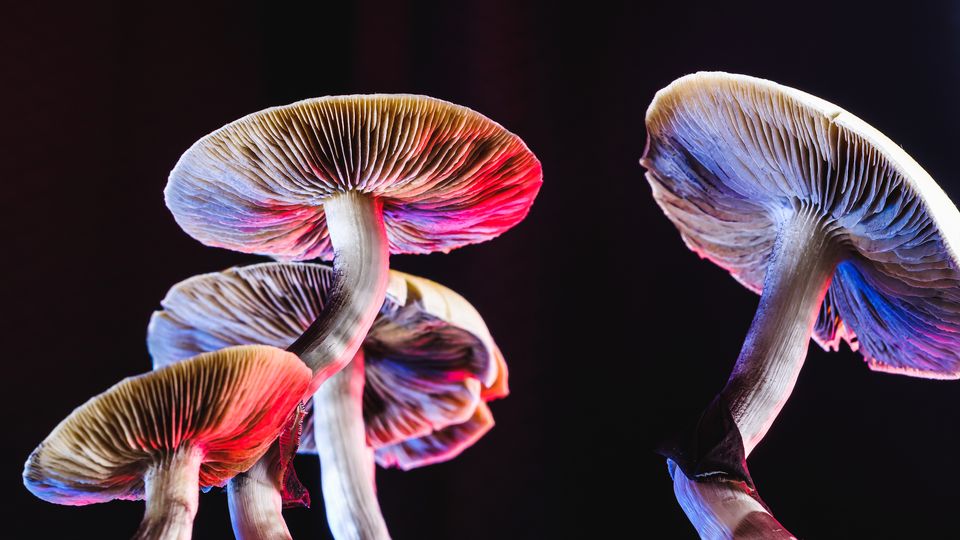Blue Dolphin MDMA: Understanding Its Effects on Health

Blue Dolphin MDMA is a type of ecstasy that has gained popularity in recent years. While MDMA has been researched for its potential therapeutic benefits, it can also have negative effects on health, especially when consumed in excess. This article will explore the effects of Blue Dolphin MDMA on health, including its benefits and risks.
What is Blue Dolphin MDMA?
Blue Dolphin MDMA is a type of ecstasy that is often sold in the form of tablets. These tablets are blue and have a dolphin or other aquatic animal imprinted on them. Like other forms of MDMA, Blue Dolphin MDMA works by increasing the release of neurotransmitters such as serotonin, dopamine, and norepinephrine. This increase in neurotransmitter activity leads to feelings of euphoria, heightened empathy, and altered perception.
Benefits of Blue Dolphin MDMA
Research has shown that MDMA can have therapeutic benefits when used in controlled settings. For example, MDMA-assisted therapy has shown promise in treating post-traumatic stress disorder (PTSD) and anxiety. In this type of therapy, patients are given MDMA in a clinical setting and work with a therapist to process and work through their emotional trauma. MDMA can help patients feel more open and receptive to therapy, which can lead to more positive outcomes.

Additionally, MDMA has been studied for its potential to enhance emotional connection and communication in couples therapy. Some studies have shown that couples who take MDMA together report feeling closer and more in tune with each other. This can be helpful for couples who are struggling with communication or intimacy issues.
Risks of Blue Dolphin MDMA
While Blue dolphin MDMA can have therapeutic benefits, it can also have negative effects on health, especially when consumed in excess. One of the most significant risks associated with MDMA use is dehydration. MDMA can increase body temperature and cause sweating, which can lead to dehydration if the user does not drink enough water. This can be particularly dangerous when combined with dancing or other physical activities that can further increase body temperature.
MDMA can also cause other physical symptoms such as muscle tension, jaw clenching, and nausea. In some cases, it can lead to seizures, heart failure, or even death. Additionally, MDMA can have negative effects on mental health. Regular use of MDMA can lead to depression, anxiety, and memory problems.
Blue Dolphin MDMA is a type of ecstasy that can positively and negatively affect health. While it has shown promise in treating conditions such as PTSD and anxiety, it can also be dangerous when consumed in excess. Users should be aware of the risks associated with MDMA use and should take steps to mitigate these risks, such as staying hydrated and avoiding excessive physical activity. If you are considering using MDMA for therapeutic purposes, working with a qualified therapist who can provide guidance and support throughout the process is important.





